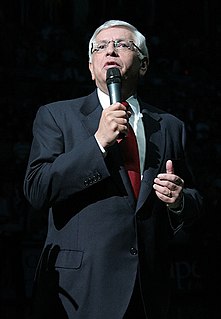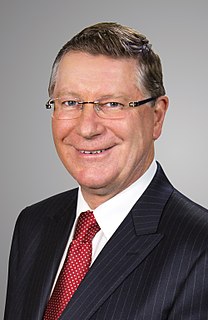A Quote by James Agee
I prefer a little free speech to no free speech at all; but how many have free speech or the chance or the mind for it; and is not free speech here as elsewhere clamped down on in ratio of its freedom and danger?
Related Quotes
Without free speech no search for Truth is possible; without free speech no discovery of Truth is useful; without free speech progress is checked, and the nations no longer march forward towards the nobler life which the future holds for man. Better a thousandfold abuse of free speech than denial of free speech. The abuse dies in a day; but the denial stays the life of the people and entombs the hope of the race.
The radicals...want speech regulated by codes that proscribe certain language. They see free speech as at best a delusion, at worst a threat to the welfare of minorities and women....The most obvious (and cynical) explanation for the switched positions is the switched situations. Protesting students became established professors and administrators. For outsiders, free speech is bread and butter; for insiders, indigestion. To the new academics, unregulated free speech spells trouble.
Very often in free speech cases you find yourself defending material that you personally detest, because of course it's no trick to defend the free speech of people you either agree with or who don't particularly upset you. It's when people really upset you that you discover if you believe in free speech or not.
A well-functioning democracy has a culture of free speech, not simply legal protection of free speech. It encourages independence of mind. It imparts a willingness to challenge prevailing opinion through both words and deeds. Equally important, it encourages a certain set of attitudes in listeners, one that gives a respectful hearing to those who do not embrace the conventional wisdom. In a culture of free speech, the attitude of listeners is no less important than that of speakers.







































